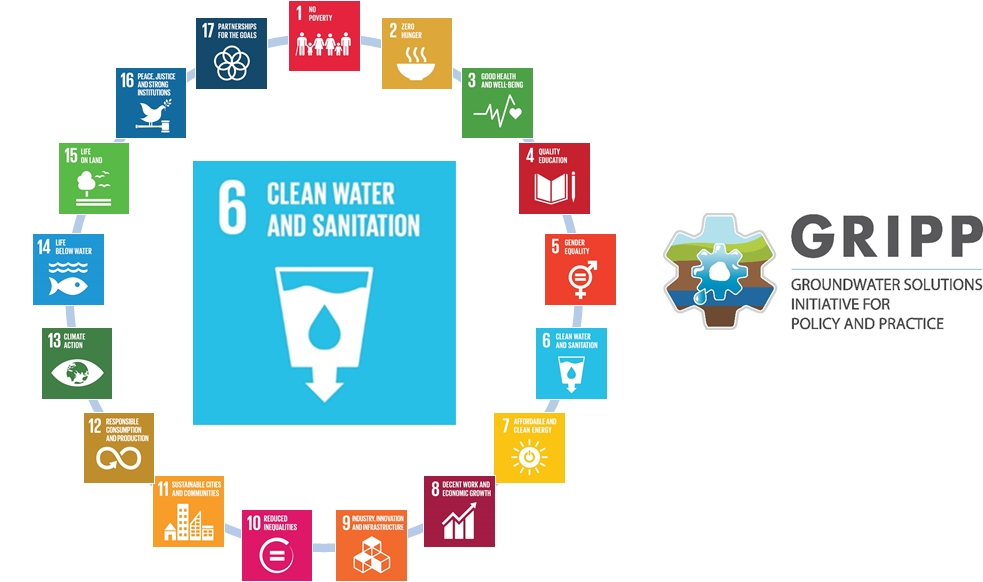
UN-Water is presently seeking feedback on their SDG 6 Synthesis Report, which will help inform the assessment by the High-Level Political Forum on Sustainable Development (HLPF) of the progress of achieving the Sustainable Development Goal 6 (SDG 6) on Clean Water and Sanitation. The assessment of SDG 6 is part of a larger effort by the HLPF to assess a number of SDGs on a revolving basis. SDG 6, among four other SDGs, including on energy, cities, consumption and land, will be discussed at the HLPF summit in New York during 09-18 July 2018. It is critical that the SDG 6 Synthesis report properly reflects the progress achieved and outstanding challenges going forward. On the latter, groundwater comes in as crucial. There is no doubt that the majority of the global population depends on groundwater, either directly from drinking it and using it in households, but also indirectly through the food they eat, as almost half of the world’s food production today derives from groundwater, a figure that keeps increasing.
However, the immense societal value of groundwater is not captured commensurately in management efforts on water. And we see the consequences now. Depleted aquifers, salt and seawater appearing in our groundwater, and farmers being squeezed because they cannot afford to access groundwater anymore, with broader scale impacts on food and international security, from local to global levels – among other socio-economic, health and environmental consequences. Groundwater underpins invaluable ecosystems, which we only see when it surfaces as lakes, perennial rivers or springs. Groundwater is fundamental in achieving safe and adequate water supply to all, leaving no-body behind and providing water and services that support a significant number of other SDGs. Hence, getting groundwater management and monitoring done more comprehensively for the achievement of the SDGs is absolutely crucial.
Responding to this urgency, GRIPP submitted a commentary and plea to UN-Water to appreciate their increased attention to groundwater in their assessment of SDG 6 progress, while also highlighting the gaps that remain. One aspect is to increase the awareness of the intrinsic, but also direct economic value of groundwater. Another is to ensure that the resource is used efficiently and sustainably, and meeting basic needs of everybody. As part of this, more efforts are required to collect information on the resource status on a regular basis and feed this into the relevant SDG indicators, e.g. on water quality, water stress, integrated water resource management, transboundary cooperation, and water related ecosystems.
GRIPP, as a consortium of about 30 institutions with dedicated expertise on groundwater, stand prepared to help on these intricate, but critical challenges related to groundwater. The sooner this is done concertedly, the sooner, we can start turning the tide, and finding solutions, which will require partnerships, efforts and investments at all levels, from local users to governments to the HLPF. If we start now, we still stand a chance of succeeding, and of handing over a planet that keeps supporting life from below.






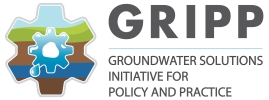
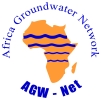
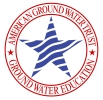
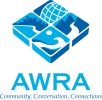


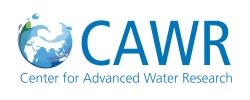


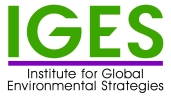
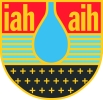


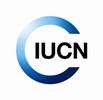



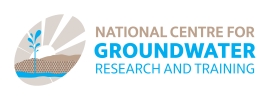
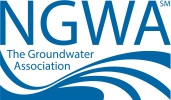




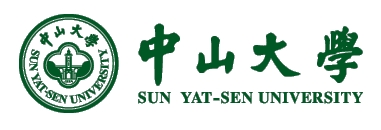


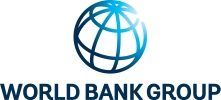

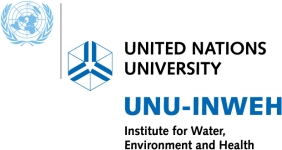
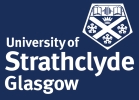
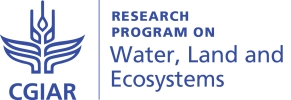
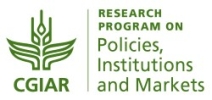
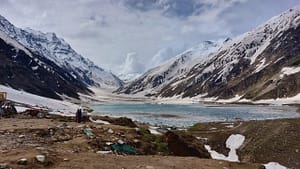
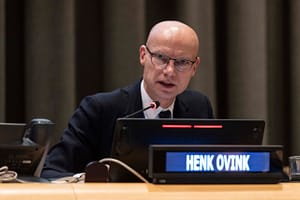



Thank you for the information. I am in touch with communities who are at times water stressed and access to clean and safe water is a challenge. Reading such materials gets me informed on the global landscape on issues of water and understand the situation on the other side of the globe. Please keep us informed so that we can stay on the same page as we share with our partner communities.